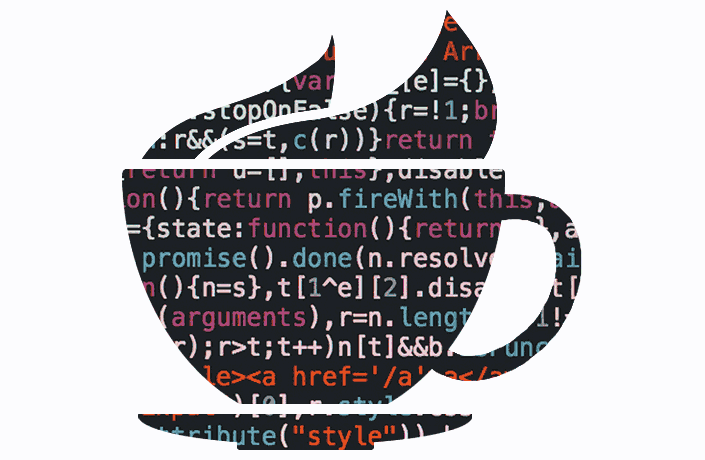Holy Flipping Bits, Batman!
For as long as humans have existed, we have endeavored to preserve things: food, art, knowledge, even life itself. Of course, nothing lasts forever. Food spoils, art degrades, knowledge can be destroyed, and us? Well, we die. At least with digitization and seemingly infinite storage capacity, it seems we’ve figured out how to preserve knowledge, at least in the form of information. But have we? Turns out we have not.
“How?”, you ask. Computers are renowned for producing flawless copies. When you copy a string of bits you get an exact copy every time. So how is this not perfect? There isn’t anything wrong with how a computer copies because its copies are always exact, barring nothing happens during the copying process. The answer lies in cosmic rays! The theory goes that as electronics are miniaturized the energy required to flip a bit on a transistor is lower, which has been shown to happen.
So what? What are the consequences of this phenomenon? They can be quite severe. It only takes a single bit change to change the number 127 into 255. Cosmic ray-induced bit flips have been blamed for many things from changed vote tallies to causing brake failures. They also caused a passenger plane to go off of autopilot and nosedive. This is why modern critical electronic systems have built in redundancies, where 2 or more systems need to agree, or else corrective action is initiated. But a lot of the more mundane things in our lives routinely don’t have such redundancies. Images taken on our phones may have already been modified by cosmic rays and we don’t even know it. In fact, that is actually the most likely scenario.
No need to worry though. We humans, ever creative, have found ways, and will continue to find ways, to make things work. It just goes to show that no matter what we humans do, nature will inevitably leave its mark upon us.




